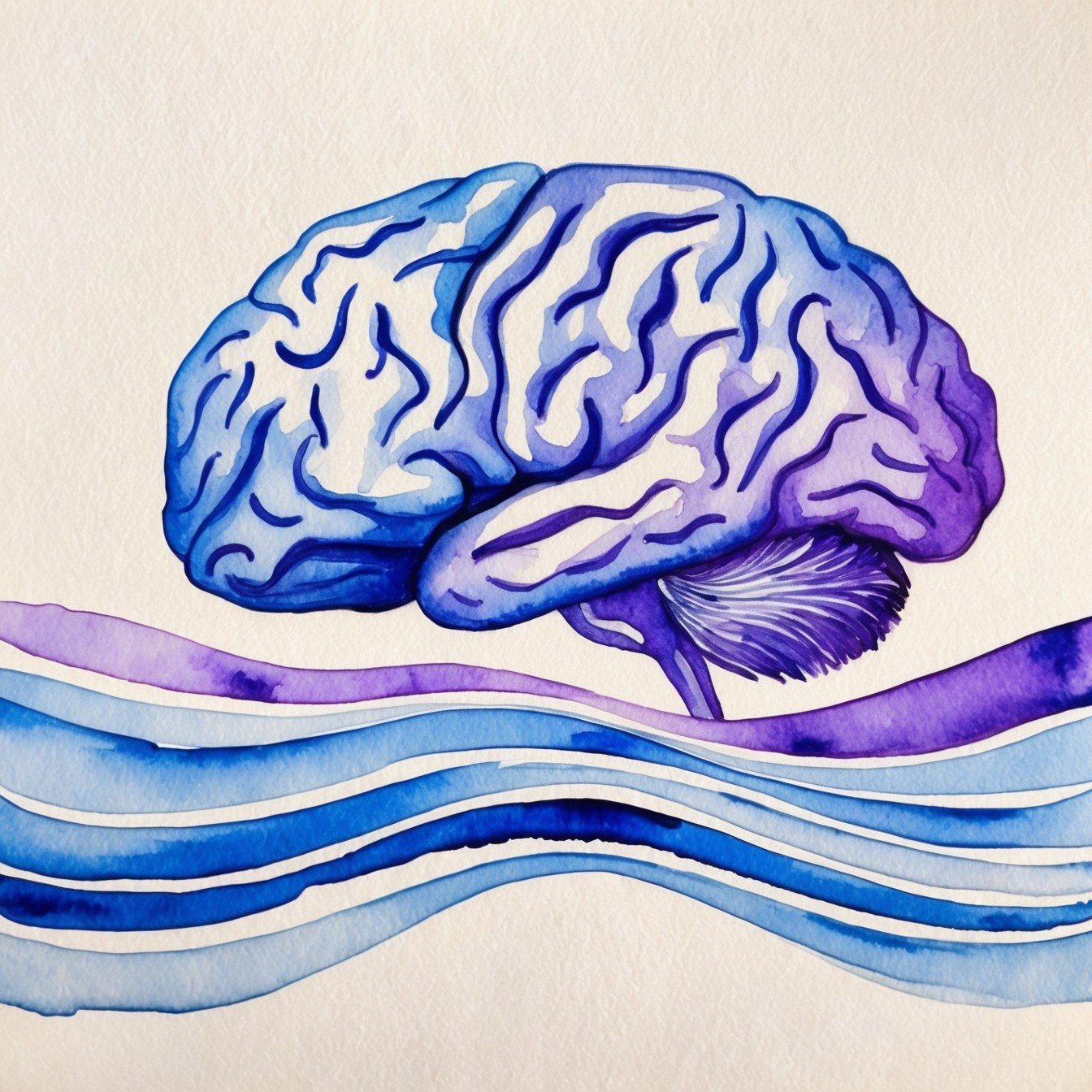Brain Detox and Parkinson’s: The Sleep-Cognition Connection

Introduction
Parkinson’s disease (PD) is closely tied to the brain’s ability to flush out toxic proteins, with recent research shedding light on how quality sleep plays a vital role in this process. When the brain fails to remove toxins effectively, proteins such as amyloid-beta and alpha-synuclein—both associated with neurodegenerative diseases—can accumulate. In this post, we’ll explore how the brain’s glymphatic system helps detoxify the brain during sleep, the implications for Parkinson’s patients, and actionable steps for better sleep hygiene.
The Brain’s Glymphatic System: Nature’s Detox Pathway
The glymphatic system, active mostly during sleep, works to remove waste from the brain. Research highlights the significance of this system in flushing out amyloid-beta, a toxic protein linked to Alzheimer’s. Similar mechanisms are believed to affect alpha-synuclein buildup in Parkinson’s disease, making this system crucial for managing neurodegenerative conditions.
Sleep and Cognitive Decline
Sleep allows the brain to clean itself effectively. According to studies referenced by Medical News Today, deep sleep activates the glymphatic system to wash away harmful proteins. Disrupted sleep impairs this detoxification process, potentially accelerating cognitive decline and increasing the risk of Parkinson’s disease.
Why Sleep Matters for People with Parkinson’s
For those living with Parkinson’s, managing sleep patterns can be a challenge due to symptoms like restless legs, tremors, and insomnia. However, improving sleep hygiene might not only enhance daily functioning but also slow cognitive decline by supporting the brain’s detox system.
Practical Tips to Improve Sleep
- Establish a Routine: Go to bed and wake up at the same time each day.
- Limit Caffeine and Alcohol: Avoid these substances several hours before bedtime.
- Create a Relaxing Environment: Make sure your bedroom is dark, quiet, and cool.
- Mind Light Exposure: Reduce screen time before bed to encourage melatonin production.
- Consult a Specialist: If you have persistent sleep issues, consider seeing a sleep specialist familiar with PD.
Implications for Parkinson’s Research
Ongoing research is focusing on whether improving sleep quality could reduce the buildup of alpha-synuclein, potentially slowing the progression of Parkinson’s disease. Understanding this relationship could pave the way for new therapeutic strategies, emphasizing sleep as part of disease management.
Conclusion
Quality sleep is not just about feeling rested—it plays a fundamental role in brain detoxification and cognitive health. For Parkinson’s patients, prioritizing sleep may help manage symptoms and possibly slow cognitive decline.
SEO Keywords: sleep and Parkinson’s, brain detoxification, glymphatic system, cognitive decline, amyloid-beta
AI-generated medical content is not a substitute for professional medical advice or diagnosis; I hope you found this blog post informative and interesting. www.parkiesunite.com by Parkie
DALL-E Prompt: A soothing watercolor painting depicting the human brain during sleep. In this artwork, gentle waves of blue and purple represent the brain’s glymphatic system in action, illustrating how it flushes toxic proteins like amyloid-beta. Light, calming strokes symbolize neurons being cleansed, promoting brain health and preventing neurodegenerative diseases. The overall feel should be peaceful, reflecting the importance of quality sleep in cognitive well-being.